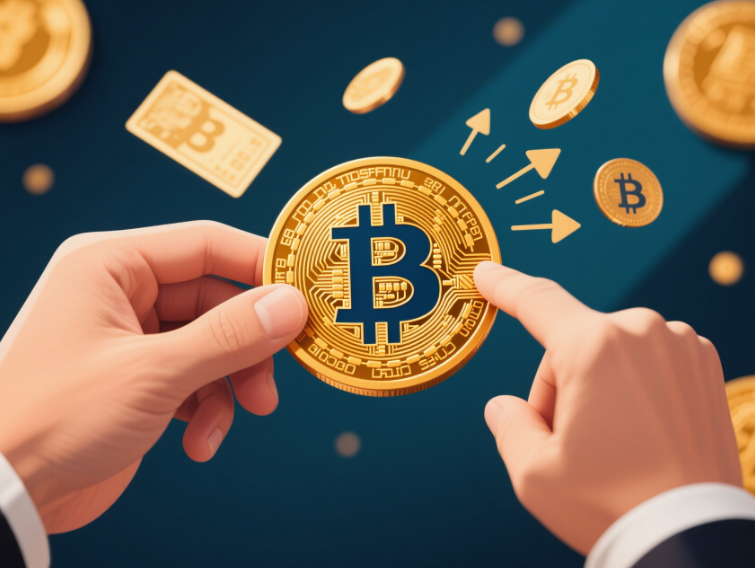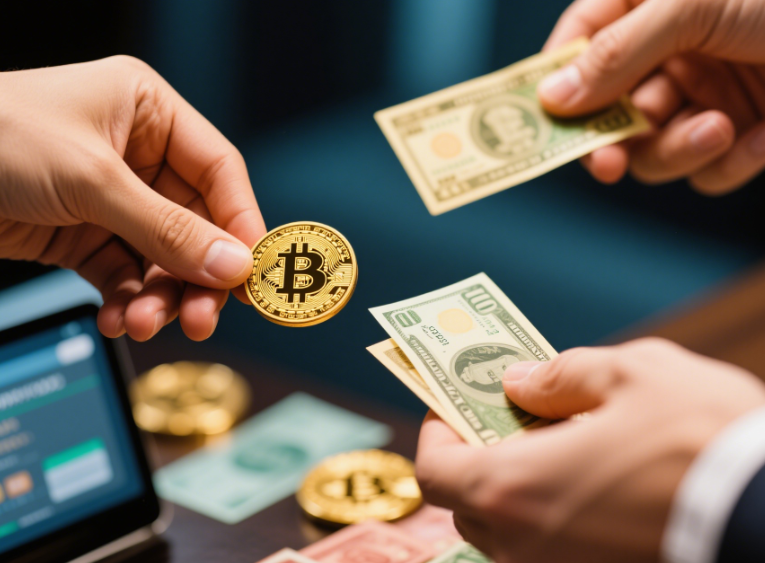With the development of blockchain technology and the popularity of cryptocurrencies, an increasing number of people are starting to understand and enter the investment market of Bitcoin and other digital assets. However, alongside the rapid growth of investment opportunities, the security issues surrounding blockchain exchanges have become increasingly concerning. In recent years, numerous incidents of exchanges being hacked have left investors feeling anxious about this issue. To help you better understand the security of blockchain exchanges, this article will delve into their security mechanisms and provide practical asset protection measures.
I. Overview of Exchange Security
When you choose an exchange for trading digital currencies, security is undoubtedly the top consideration. Blockchain exchanges are generally divided into two types: centralized exchanges (CEX) and decentralized exchanges (DEX).
Centralized Exchanges (CEX): These exchanges are managed by companies or organizations, and users must register an account and store funds in the exchange's wallets. Although CEX platforms usually offer a smoother user experience and higher trading volumes, they also face significant security risks because all users' assets are concentrated in one place.
Decentralized Exchanges (DEX): These exchanges do not rely on intermediary organizations, allowing users to conduct peer-to-peer trading directly. While DEX platforms offer greater security than CEX platforms because they do not hold users' private keys, users must still manage their wallets and keys themselves, which increases their level of responsibility.
Major Risks to Exchange Security
After understanding the types of exchanges, we need to recognize the major risks they face:
| Risk Type | Description |
|---|---|
| Hacker Attacks | Hackers infiltrate exchange systems to steal user assets or information. |
| Insider Misconduct | Internal employees abuse their privileges, causing user asset losses. |
| System Vulnerabilities | Security flaws in exchange software can be exploited by attackers, leading to asset theft. |
| Regulatory Compliance Risks | Exchanges failing to comply with laws may be shut down or user assets frozen. |
II. How to Evaluate Exchange Security
Evaluating an exchange's security is a critical step when choosing one. Here are some standards that can help you assess an exchange's security:
Security Measures
Two-Factor Authentication (2FA): Ensure that the exchange you choose supports two-factor authentication. This feature can significantly increase your account's security so that even if a hacker obtains your password, they cannot easily access your account.
Cold and Hot Wallets:
Cold Wallets: Exchanges store most user funds in offline cold wallets, so even if the online wallet is attacked, users' funds remain protected.
Hot Wallets: Online wallets used for daily transactions, which are highly liquid but have lower security.
Security Audits: Choose exchanges that have undergone security audits and have third-party firms monitor and check their operations.
Regulatory Compliance
Registration and Compliance: Check if the exchange is registered in a legitimate jurisdiction and complies with local laws and regulations.
User Data Protection: Does the exchange comply with data protection standards (like GDPR) and take measures to protect users' sensitive information?

Transparency
Asset Verification: Some exchanges regularly publish asset verification reports, allowing users to understand the exchange's asset status and boosting confidence.
Historical Security Incidents: Review the historical security incidents of the exchange and how they responded to these issues to understand their effectiveness in handling security challenges.
User Feedback and Reputation
User Reviews: Review ratings and feedback from other users about the exchange, which can provide an objective evaluation of the exchange’s service and security.
Social Media and Community: Monitor the exchange's reputation on social media and cryptocurrency communities to gather insights from other investors' opinions and experiences.
III. How to Protect Your Assets
Regardless of which exchange you choose, protecting your digital assets is crucial. Here are some practical security measures:
Account Security
Use Strong Passwords: Set a complex and strong password and change it regularly. Also, avoid reusing passwords on multiple platforms.
Enable Two-Factor Authentication: As mentioned earlier, 2FA is an effective measure to secure your account.
Private Key Management
In decentralized exchanges and wallets, the private key is the sole key to accessing your resources. Always keep your private key safe, do not share it with anyone, and never store it online.
Hardware Wallets: Consider using hardware wallets (such as Ledger or Trezor) for storing digital assets that you intend to hold long-term.
Diversify Investments
Multi-Platform Operations: Do not concentrate all assets in one exchange; consider opening accounts across multiple exchanges to reduce risk.

Regular Monitoring
Check Account Activity Regularly: Routinely monitor your account activity and fund flows to quickly detect any abnormal transactions and take necessary action.
Stay Updated on Security News: Follow cryptocurrency news to understand the latest security events and vulnerabilities to adapt your investment strategies accordingly.
The security of blockchain exchanges is an essential issue for every digital currency investor. Choosing a high-security exchange, combined with personal safety practices, can significantly reduce the risk of asset theft. By evaluating an exchange's security measures, regulatory compliance, transparency, and user feedback, investors can find a platform that suits their needs. Additionally, maintaining account security, managing private keys properly, and regularly monitoring account activities are key elements in protecting digital assets. We hope this article aids you in better safeguarding your assets on your cryptocurrency investment journey!

















No comments yet